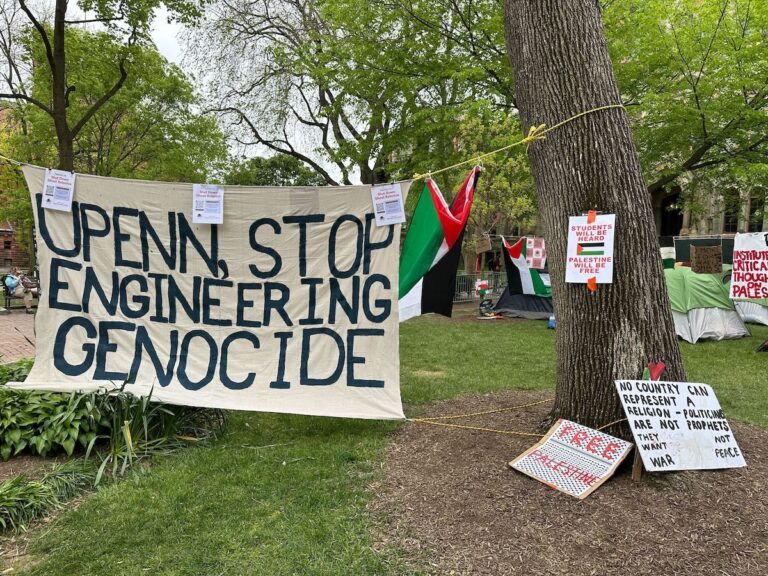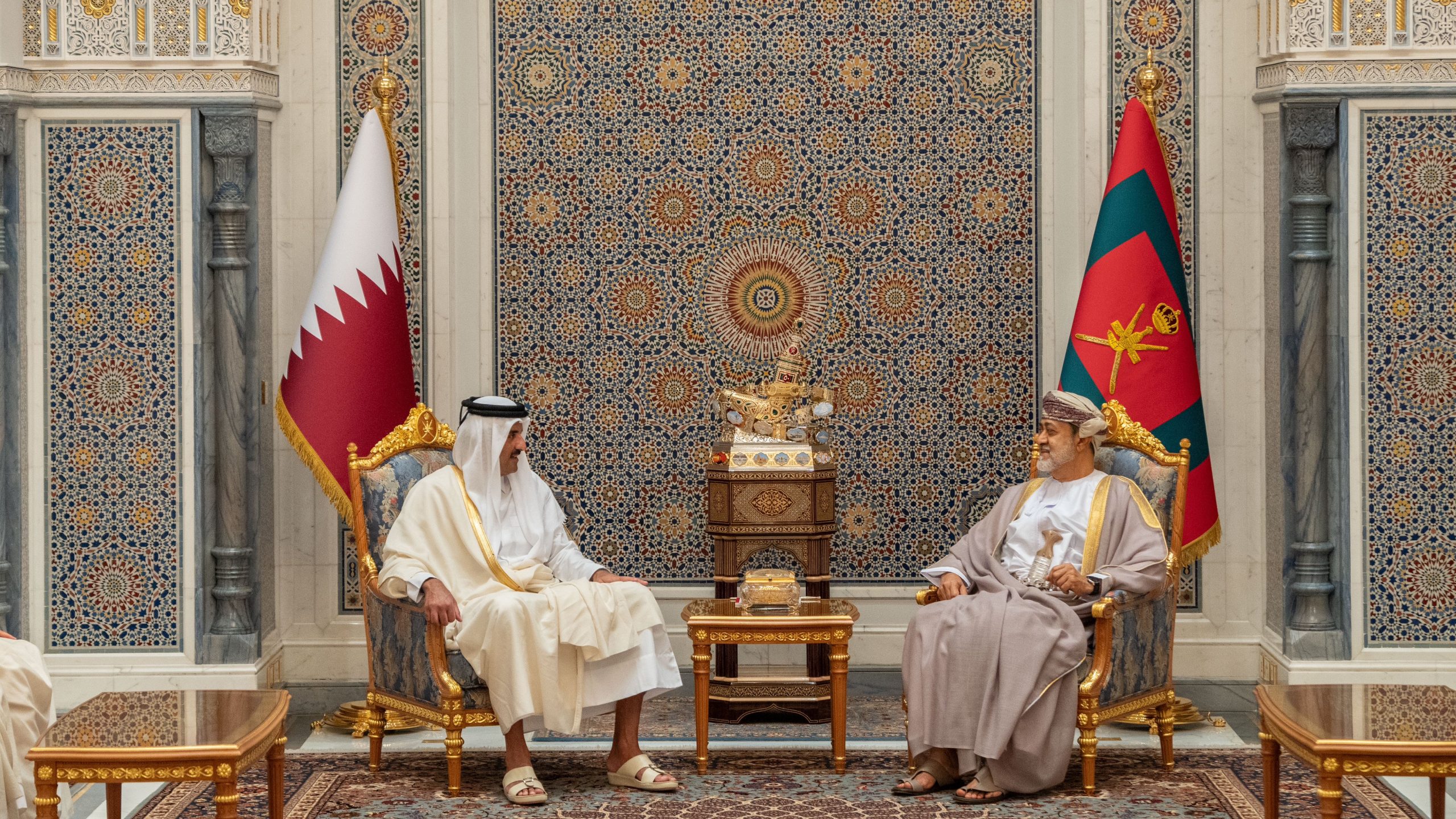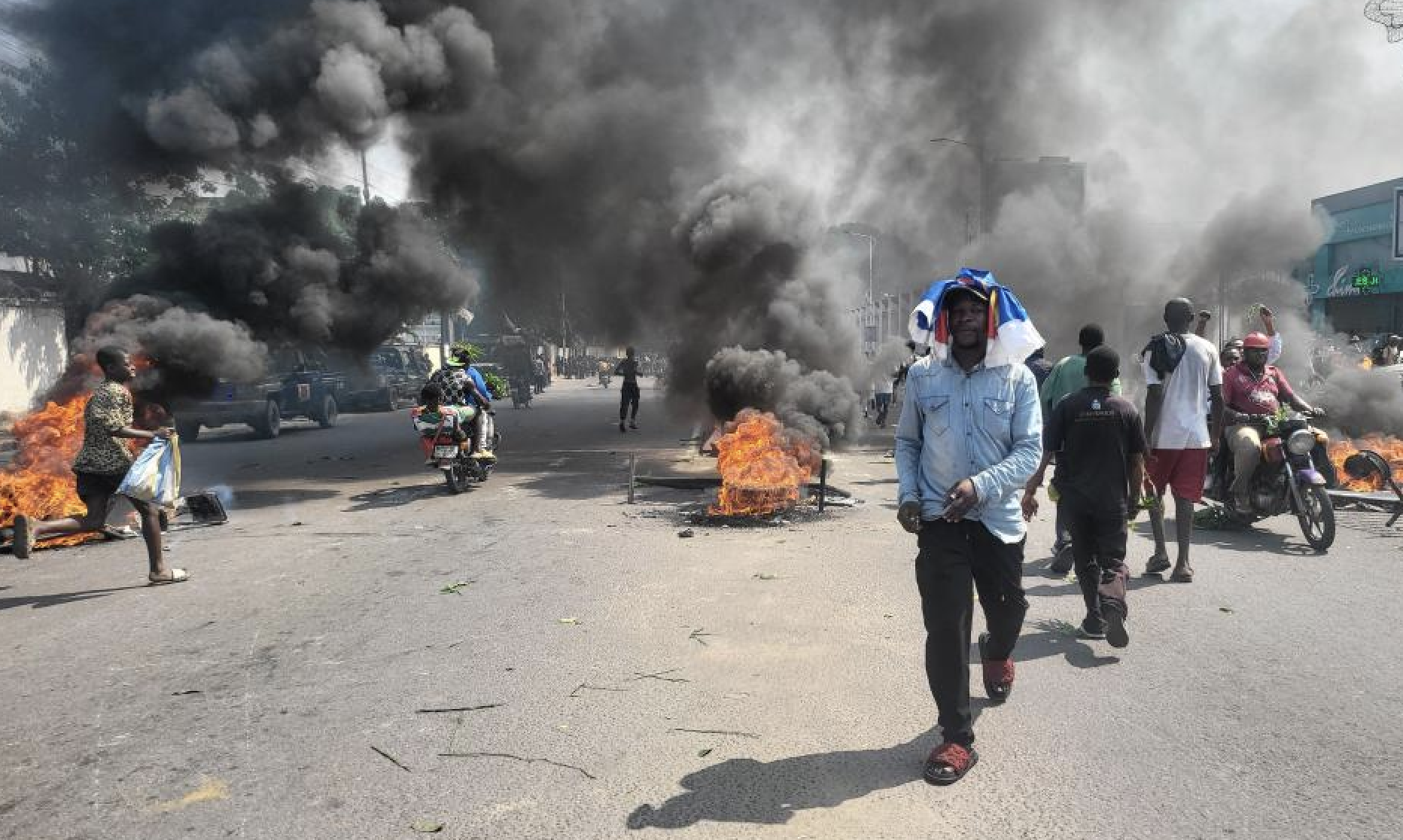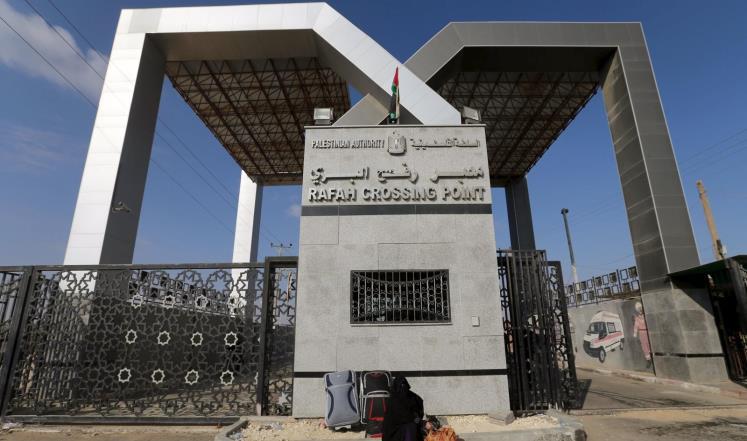In protest of the ongoing conflict in Gaza, thousands of students at more than 130 universities across the country, from Massachusetts to California, have set up camp and taken over university buildings.
Facing reaction from politicians and mainstream media, universities have struggled with how to handle the protests, and have called on state and municipal authorities to disband and pull down the encampments out of fear of being branded as antisemitic.
In one case, this fear has led to Texas A&M University voting to shut down its branch in Qatar. The decision was shocking as it came just three years after the university renewed its 10-year contract with Qatar Foundation. The official rationale that was given for the decision was blamed on regional instability.
Nevertheless, the main viewpoint behind the vote was a targeted misinformation campaign led by a report conducted by a think tank called the Institute for the Study of Global Antisemitism and Policy. The institute falsely implied that the Qatari partners of Texas A&M were funding and arming Hamas, which they took to understand as funding a terrorist, antisemitic organisation.
This intimidation of being labeled antisemitic is not new. Back in the U.S. over 2000 demonstrators have been taken into custody as colleges get ready for commencement celebrations. Students have been protesting the war with sit-ins, marches, and, more recently in the spring, encampments on campuses.
The demonstrators are requesting that their colleges to disclose and cut any financial ties to Israel or companies – including arms manufacturers – that do business there.
History of student activism
Across the United States, students have previously demonstrated in favour of severing financial links to governments in other countries. American student activists spearheaded a national campaign to get their institutions to sever financial ties with businesses that backed South Africa’s apartheid government throughout the 1960s and 1980s.
Thus, a large number of the current student protestors claim that the lengthy and occasionally tumultuous history of student activism on U.S. college and university campuses has served as inspiration.
Historically Black College and University (HBCU) student leaders at Howard University College of Law started engaging in what they dubbed a “stool-sitting technique” in 1943. The students would enter restaurants in Washington, D.C. that refused to serve black people and stayed there for as long as possible.
A group of four Black students from the North Carolina A&T State University, subsequently known as the “Greensboro Four,” made history in 1960 when they entered a Woolworth’s department store in Greensboro, North Carolina, and sat at a lunch counter designated for white customers.
Eight years later, the Black Student Union at San Francisco State University organised a walkout that resulted in the closure of the institution and three months of class cancellations by the administration, in protest of racial equity in admissions procedures.
In response to student demands, the university eventually hired more Brown and Black academics and established the first College of Ethnic Studies and Black Studies department in the country.
It is important to note the 1955 teacher and student movement opposing the Vietnam War. College students protested against the military draft, which put them at risk of being drafted into the military after graduation, and called for an end to the war. The first teach-in about the Vietnam War was held at the University of Michigan on March 24 1965.
Protests against the U.S. military’s involvement in the war were the main subject of seminars and rallies during the 12-hour event, which was attended by students, staff, and other guests. Conversely, college students have been instrumental in the expansion of the Black Lives Matter movement, which was the result of demonstrations after Michael Brown and Trayvon Martin were killed in 2014 and 2012, respectively.
American double standards
Recent incidents at U.S. college campuses and restrictions against pro-Palestine protests have turned the spotlight on the hypocritical approach towards democracy, rule of law and order, and freedom of speech.
The First Amendment of the U.S. Constitution protects the right to freedom of speech and religion from any government infringement. One of the things that the amendment strictly prohibits is government interfering with the right to peaceful assembly.
This goes directly against the universities’ actions of calling on state and local officials to arrest the student protestors, a blatant violation of the U.S. Constitution.
One does not need to go back far in memory to remember U.S. hypocrisy. Back in 2019, riots in Hong Kong against China destroyed infrastructure and turned violent. Some of the riots took place in Hong Kong University.
Ironically the attitude towards them from the U.S. media and authorities, which are now denouncing protests back at the homeland, was very different. In sharp contrast to their reaction to pro-Palestinian encampments today, the reaction back then continually promoted those extreme activities as part of “democracy” and “freedom” and persistently demanded that the Hong Kong Special Administrative Region government and China’s central government tolerate them.
Police violence on American campuses starkly illustrates the lengths to which the U.S. will go to protect Israel. This includes frequent and unfounded accusations of antisemitism, while at the same time hypocritically accusing others of violating free speech, human rights, and suppressing dissent, even as it champions democracy and freedom of speech on a global level.
This article is an opinion piece by Dr Shaher Zakaria, an Assistant Professor of Political Science and International Affairs at Lusail University, and does not necessarily reflect the views of Doha News, its editorial board, or staff.







